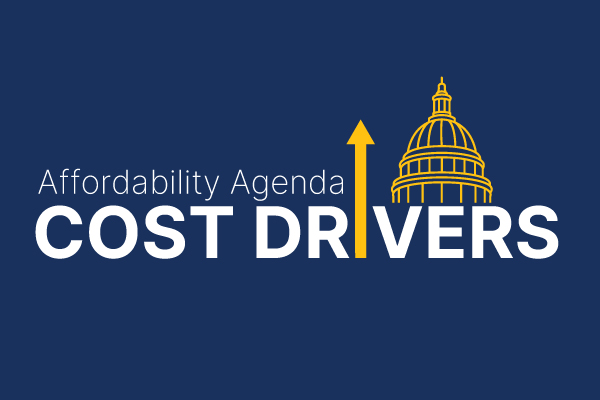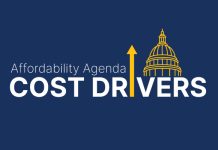 California business owners could be saddled with more than $1 billion in new costs under state legislation seeking sweeping regulation of so-called “automation decision systems,” according to a new analysis from the California Chamber of Commerce.
California business owners could be saddled with more than $1 billion in new costs under state legislation seeking sweeping regulation of so-called “automation decision systems,” according to a new analysis from the California Chamber of Commerce.
The analysis highlights a key reason that Senate Bill 7, authored by state Senator Jerry McNerney (D-Pleasanton), remains on CalChamber’s list of bills seen as Cost Drivers and an impediment to making California more affordable for businesses and consumers.
“SB 7 is only the latest example of legislation that, if enacted, would lead to unintended consequences,” said CalChamber Senior Policy Advocate Ashley Hoffman.
The bill seeks to impose new limits on how automated decision systems (ADS) technology is used to both hire and oversee the workforce in businesses of varying sizes across California. Supporters claim that SB 7 will help workers by allowing more human oversight of these automated systems.
But the bill fails to address the impact of new requirements over a category of technology that, under its own definition, is so broad as to include even the simplest software used to manage employee schedules.
Amendments to the bill on June 19 are still being reviewed but are unlikely to impact its cost on employers.
Provisions of the bill governing the use of ADS technology to weigh potential employee promotions and bonuses are where CalChamber’s new analysis projects troubling, unsustainable, costs.
Those costs are linked to the mandate in SB 7 for additional, labor-intensive activities to be carried out by human resources officers in businesses across California — including those with as few as 50 employees and already operating under the narrowest profit margins.
SB 7 would allow workers to appeal certain employment-related decisions made using ADS technology. The new analysis, conducted for the CalChamber-affiliated California Foundation for Commerce & Education, finds the bill requires an unprecedented expansion of human resources staffing with annual costs of at least $524 million and possibly topping the $1 billion mark.
The analysis uses employment and salary data provided by the state and independent sources and is decidedly conservative: It assumes only 2% of workers (including independent contractors) would invoke the bill’s right to review all their employment data collected using ADS technology.
“The analysis confirms what we’ve been saying for months: SB 7 is a rush to judgment that far exceeds any problems it seeks to solve,” said Hoffman.
Staff Contact: Ashley Hoffman

